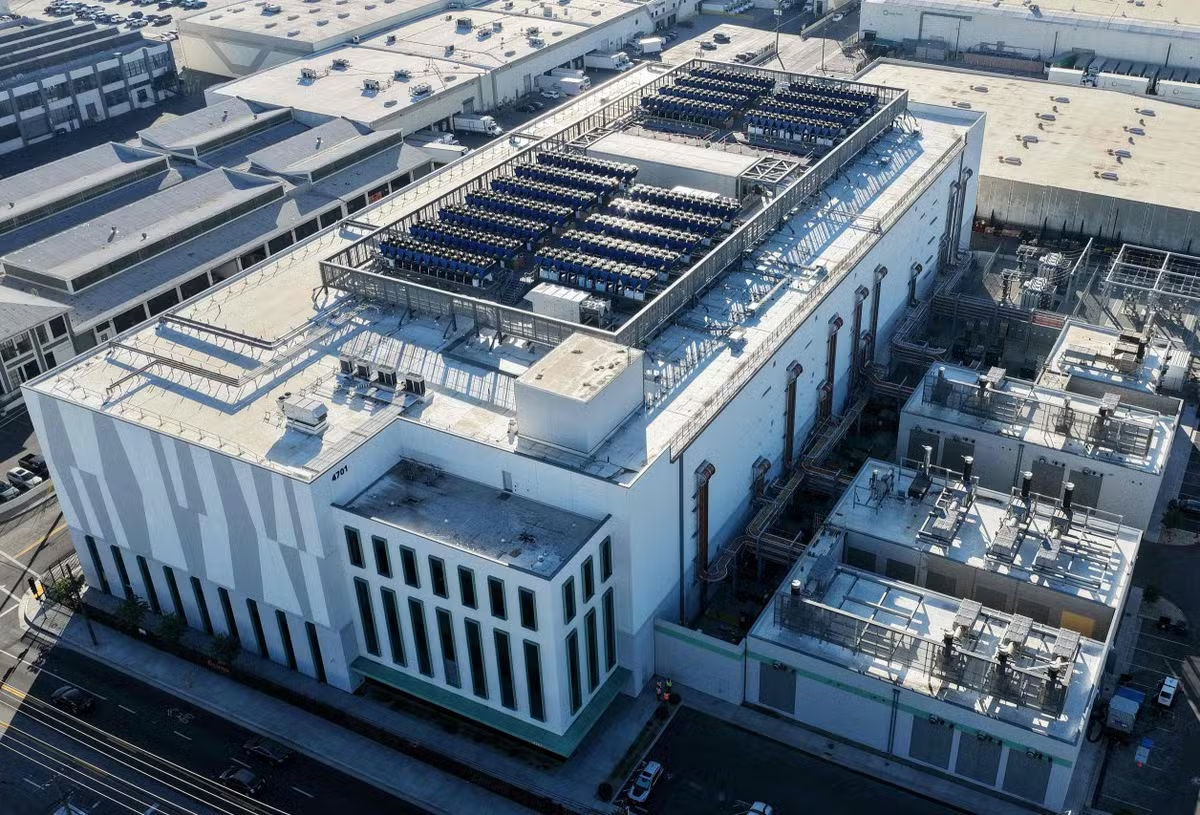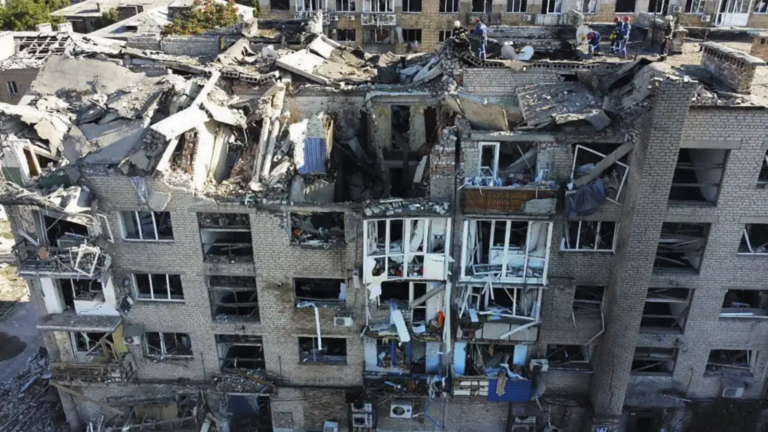
Artificial intelligence (AI) presents Brazil with opportunities that require careful analysis. It is the construction of huge centers known as data centers where data processing from AI inference models will be performed. According to Stanford University’s AI Index report, total investment in these facilities this year is expected to reach USD 252.3 billion, an increase of 50% compared to 2024. The most optimistic forecast calls for a growth rate of 80.7% to USD 456 billion in 2026. Of the world’s 10,000 processing centers, more than 50% are in the United States and only 189 are in Brazil. With a balanced incentive policy, this segment could grow. However, several requirements are necessary to attract a project.
- artificial intelligence: Renewable energy supply makes Brazil attractive for AI data centers, but limiting environmental impact is a challenge
These facilities are energy intensive and their expansion poses significant environmental problems due to the greenhouse gas emissions required to generate the consumed electricity. Currently, data centers already account for 2% of global energy consumption, and that share is expected to reach 3% in the next five years. Brazil is considered a strong candidate to attract sustainable data center projects due to its clean electricity matrix (88% from renewable energy sources).
The situation in Brazil is enviable. Wind and solar account for 24% of the energy consumed in data centers around the world, minerals account for 15%, and nuclear for 20%. Brazil also used 24% of its solar and wind energy last year, but just 3% from coal and 2% from nuclear power plants. The majority (56%) remains hydroelectric.
- growth: Data center market booming with the use of AI
In addition to electricity, data centers consume large amounts of water for cooling. The U.S. state of Virginia alone, which is already an important water supply region, will consume 7 billion liters in 2023, or 63.5% of the 2019 level. To take advantage of strategic opportunities, Brazil therefore needs to ensure the conservation of water sources, which are already threatened by increased consumption due to climate change.
Another issue concerns regulation. Dora Kaufman, an AI researcher at PUC-SP, said the special tax system for data center services (Redata) already provides tax incentives for these investments. It is hoped that Brazil will develop legislation to impose compensation in the form of technology transfer and skill acquisition.
The benefit of the Brazilian data center is increased reliability of power demand. With the large number of wind farms and solar panels being installed, there is a surplus of electricity generated during the day, sometimes requiring supply cuts. Brazil has an interconnected electricity distribution system, so data centers with battery storage capacity will allow electricity that is currently wasted to be distributed.
There are compelling arguments for Brazil to take advantage of this opportunity, as long as the impacts on water and energy consumption are wisely considered.



